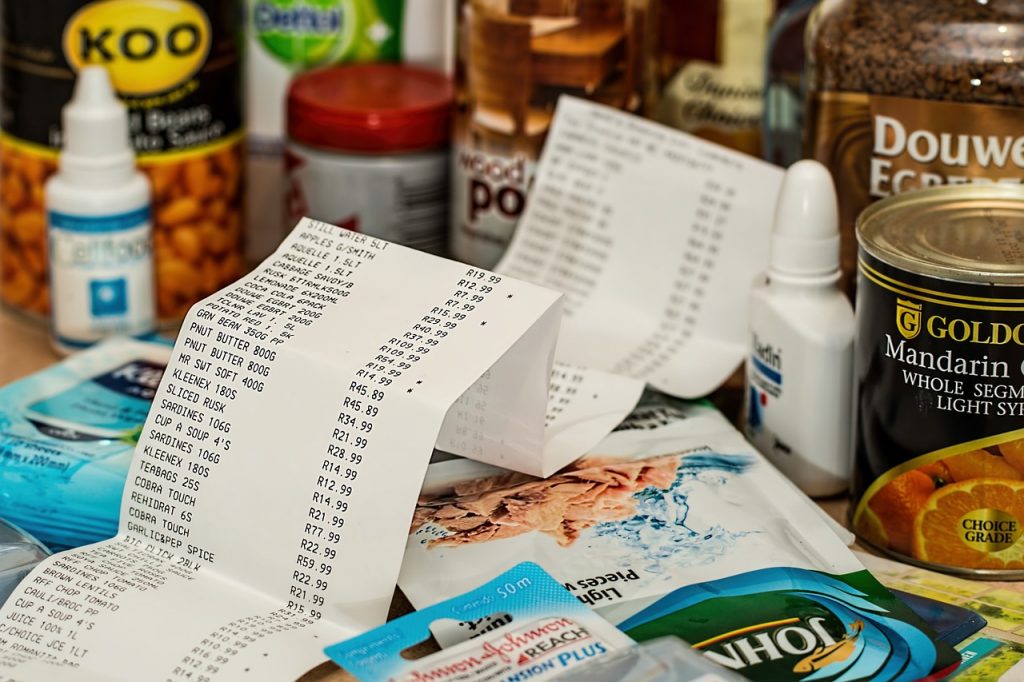Why The US Economy Looks Like It Never Has Before
The experience of the pandemic changed us all, whether you are one to admit it or not, however, it's also changed the US economy.
This article is more than 2 years old

Something is up with the US economy. Even experts are baffled by it. Inflation has run rampant. Individuals’ budgets are more strained than ever. Economists are warning of a recession. Simultaneously though, the job market is booming. There was another explosion of new jobs added in July, bringing the number back up to pre-pandemic levels. And unemployment is now sitting at a historic low of 3.5%. Also, people cannot travel enough. The travel industry as a whole is surging despite overarching economic challenges. The combinations of these circumstances are not ones that have ever gone hand in hand. CEO of Yum Brands, David Gibbs, even admitted that he was confounded by the intricacies of this current economic landscape. “I don’t know in my career we’ve seen a more complex environment to analyze consumer behavior than what we’re dealing with right now,” said Gibbs. So what gives? Why Is the economy like this?
The simple answer is, is that the US economy is like this because the United States recently experienced something that was outside the breadth of memorable history – a years-long (and in many ways still-sustaining) pandemic. According to CNBC analyst Matt Rosoff, the economy is feeling the aftermath of the occurrence of a pandemic. Essentially, the economy is going haywire because people are going haywire. People are not behaving like they normally would because they just came out on the other side of a deeply affected and harrowing time.
Rosoff referred to the US economy as being in a state of “great unrest.” He pointed to what happened to people during the year 2020 and how what they went through then is affecting their behavior now. As a result, he wrote that individuals are ignoring things that they normally wouldn’t. To put that concept in context, take the height of COVID-related lockdowns. People were basically trapped in their homes for the better part of a year. Now that restrictions have lifted the travel industry is surging. And this is happening amid a record-breaking inflationary period. This means that people are essentially ignoring their budgets and throwing caution to the wind because they are desperate to experience things that they had been deprived of for years.
That is just one example of many, but the overarching theme here is that people were changed by what happened to them during the pandemic. The US economy changes according to how the public behaves. So, since people changed, so too has the economy. So what does this mean for the future? Rosoff highlighted that he thinks the lasting effects won’t be measurable for years, similar to what happened in the wake of 9/11.
Speculatively though, perhaps the US economy will see sentiments that arose out of the pandemic more firmly take hold. For instance, the pandemic ushered in a great re-shuffling where many people took the time to reevaluate what made them happy and whether or not they were being treated fairly at work. This way of thinking could form a lasting cultural hold, one where employers are expected to do more for the people that keep their companies going. That could very well become customary in the future. But right now it’s really anyone’s guess as to what the future holds. However, in another decade it will be certainly interesting to take a second look at the US economy to see what stuck.





